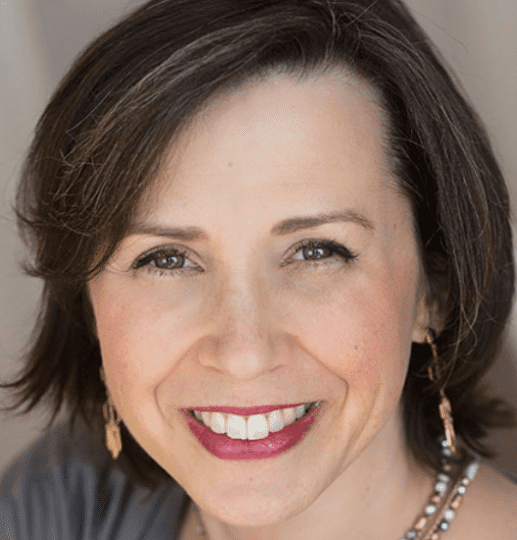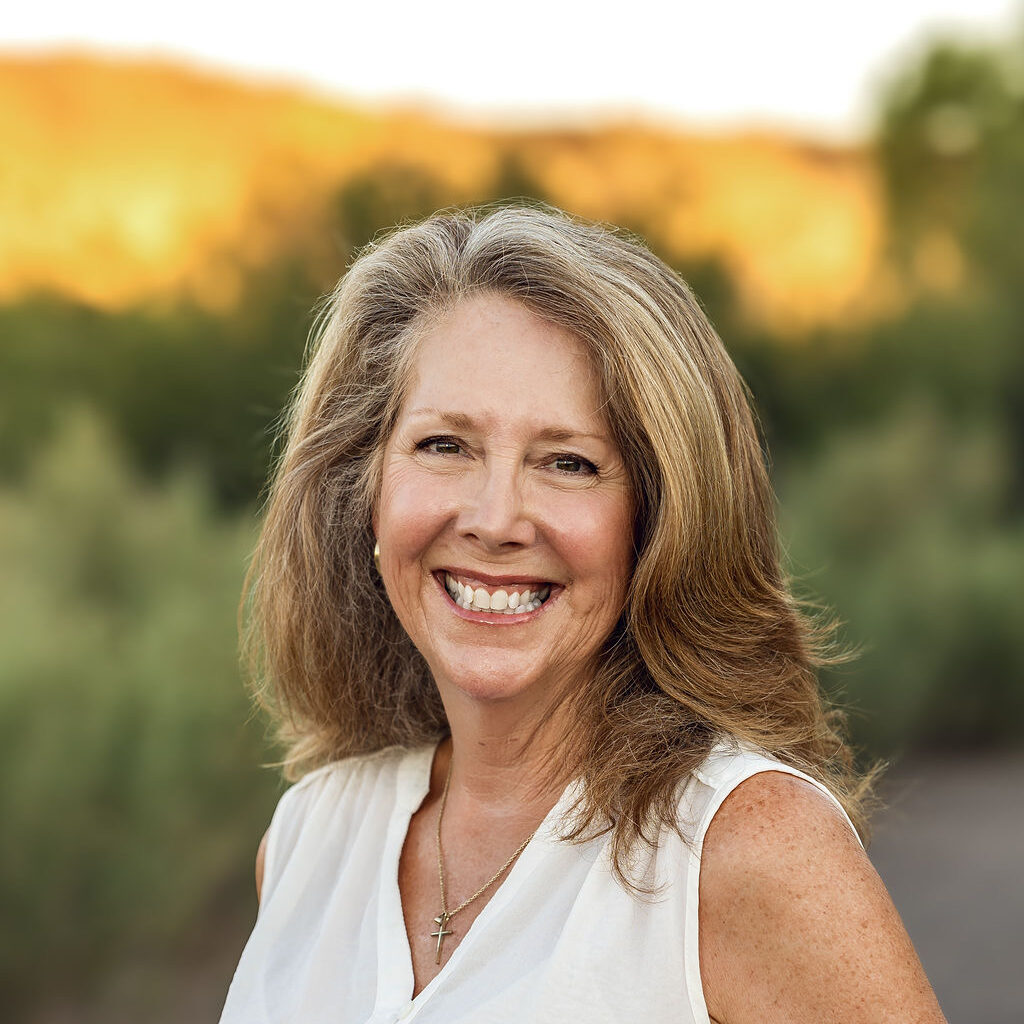
Women in their fifties and sixties have a lot to look forward to as they transition from careers and raising families to a more leisurely lifestyle in retirement. Spending time with friends and family, traveling, and pursuing new hobbies are just a few of the activities many women envision in their golden years.
To enjoy life in retirement with less money stress, many women over 50 are choosing to work with financial advisors specializing in financial planning for women who are nearing retirement. These advisors know the right money moves to make to help women feel confident they can live comfortably with a personalized plan tailored to their unique circumstances.
You’ll likely find dozens of nearby financial advisors in your community well-suited to help with general financial planning services. But it may be more difficult to find a financial advisor with the specialized knowledge and experience helping women in their fifties and sixties successfully transition into retirement.
Fortunately, many financial advisors offer virtual services so you can meet online no matter where you (or they) live. This means you can choose to hire a financial advisor who lives hundreds of miles away if you decide their specialist knowledge and understanding of your particular needs may prove a better fit.
Financial Advisors for Women Over 50
This page is organized into sections to help you quickly find the information you need and get answers to your questions:
- Interactive Map of Financial Advisors for Women Over 50
- Q&A with Financial Advisors for Women Over 50
- Get Answers to Your Questions About Financial Planning for Women Over 50
- Browse Related Articles
Find Financial Advisors for Women Over 50
📍 Click on a pin in the map view below for a preview of financial advisors who specialize in serving women over 50 . Or choose the grid view to search our directory of financial advisors with additional filtering options.
📍Double-click or pinch pins to view more.
Q&A with Financial Advisors for Women Over 50
We’re fortunate to count several financial advisors in the Wealthtender community who specialize in helping women over 50 prepare for a comfortable retirement. We asked these advisors to answer a few questions useful to women over 50, including:
- What are the biggest financial challenges faced by women in their fifties and sixties?
- What are the biggest financial opportunities for women over 50?
- How should women over 50 invest?
- How should women over 50 approach financial planning?
Just below, you’ll find the thoughtful insights shared by these specialist advisors to help women over 50 feel more confident about their financial future.

The challenges faced by women in their fifties and sixties are numerous and real. Jobs and marriages may end sooner than planned. Potential potholes and storms can throw off the best-laid plans. But one of the biggest challenges I see women facing is their own self-judgment. So many women feel like they should be “better” about their money, and that they should know how to do this stuff. There’s often an underlying feeling of guilt or shame that keeps them from facing reality head-on and taking steps to do the planning.
Q: What are the biggest financial opportunities for women over 50?
As a woman of 55 I can attest that this age brings some clarity on priorities and values, and some shedding of the “shoulds” and supposed obligations we picked up along the way. With this clarity can come a reevaluation of all of our financial decisions – not only how we spend our money, but how we earn it, to whom we gift it, and where we save it. Each brings opportunity to be in alignment and integrity with our true values.
Q: How should women over 50 invest?
Same as how women over 50 “should” dress – however they want! By that I mean that each individual’s investing plan should be customized to what they have going on in their life. Some women hope to “retire” from their main career and do something new which may or may not bring remuneration; whereas others might be ramping up their earning power and not looking to transition to another chapter for 20 years! Since investing is only for long-term money, getting clear on how much should be in short-term buckets vs. long-term is always an important first step.
Q: How should women over 50 approach financial planning?
I believe it’s crucial to look at money as merely a tool, not the goal in itself. And if you’re working with a financial professional, you want one that’s going to talk about much more than simply your investments. Investing is important, but it’s only one part of a comprehensive financial plan. I think women should approach it holistically – all aspects of their financial lives, and how they interact with all the things they hold most dear!
It’s also crucial to recognize that money is emotional. Of course we’re going to have feelings about something that impacts our personal security, our health, our families, our sense of self-worth, and so much more. You need to be able to talk about the emotions as well as the numbers!
Stephanie McCullough | Sofia Financial

In retirement, women may become impacted by low Social Security benefits and the Widows Tax Trap.
Low Social Security benefits: Women often hold lower-paying jobs; therefore, they receive lower benefits in retirement. Often, if a couple has a small business, the husband takes the financial lead and is taxed on the income received. He is contributing to Social Security, but the wife is not building a benefit for herself.
Widows Tax Trap: Husband and wife each have an employer 401(k). They are taxed as Married Filing Jointly which receives the largest standard deduction. In retirement, they each begin taking Required Minimum Distributions (RMD) at the appropriate age (currently age 72). Statistically, women tend to outlive their male partners. He passes away and she inherits his 401(k). Now she has to take RMDs for both her account and his, but 2 years after he passes away, she now files Single and receives the considerably less standard deduction.
How should women over 50 approach financial planning?
Finances aren’t taught in school. Many families don’t have conversations about money with their children. Women often feel uneducated about their money. Once married, the higher money earner tends to manage the money. As a Certified Financial Planner™, many widows have approached me and stated, that their husbands took care of the finances. They simply don’t understand what they have, where it is located, and if they will now have enough to get by for the rest of their lives. An experience like this is truly frightening!
What can be done?
Ladies, ask questions! Begin to educate yourself about your finances. Start by talking with your spouse. At which financial institutions are the family’s accounts held? Make a list, request the online account access username and password, begin to review the accounts regularly, and ask questions if you see significant changes. Next, sit in on all meetings with your financial professional. If you do not understand the terminology used, ask questions. As an account owner or joint account owner, you have a right to ask and learn about your money.
Marianne Nolte, CFP® | Imagine Financial Services

The main challenge I see for women is they simply live longer than men. This can lead to three primary challenges in retirement that they should begin planning for in their 50s and 60s.
- If they are married and outlive their spouse, they will inevitably have a reduction of income from Social Security, and likely have increased taxes from switching to a single filer.
- If their spouse needs long-term care at the end of their life, this could provide physical and mental exhaustion from being the primary caregiver. Furthermore, if they don’t have long-term care insurance, they will likely avoid spending retirement assets in fear of not having enough for their own retirement.
- Finally, if they need long-term care later in life, this could provide stress on the kids or other family members to provide care. Having long-term care insurance can help mitigate that burden on loved ones.
Kevin Lao, CFP®, RICP® | Imagine Financial Security
Have Questions About Financial Planning for Women Over 50?
📰 Browse Related Articles
Are you ready to enjoy life more with less money stress?
Sign up to receive weekly insights from Wealthtender with useful money tips and fresh ideas to help you achieve your financial goals.
About the Author

Brian Thorp
Founder and CEO, Wealthtender
Brian and his wife live in Texas, enjoying the diversity of Houston and the vibrancy of Austin.
With over 25 years in the financial services industry, Brian is applying his experience and passion at Wealthtender to help more people enjoy life with less money stress.











